Table of Contents
Quality Service Guarantee Or Painting Free
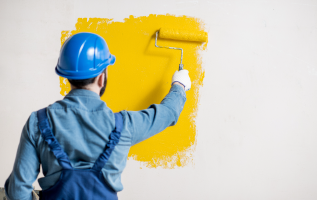
1 BHK - ₹4,500
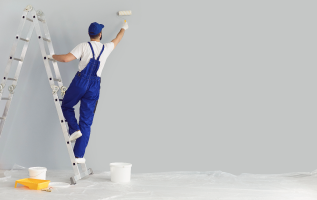
2 BHK - ₹6,000
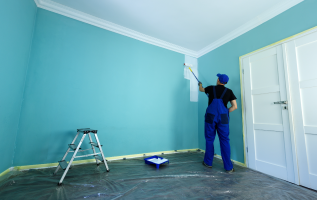
3 BHK - ₹9,000
Loved what you read? Share it with others!
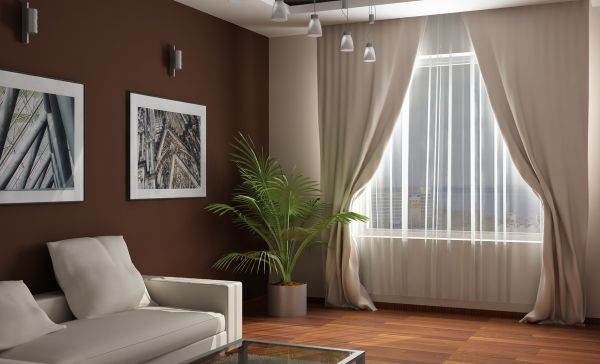

Submit the Form to Unlock the Best Deals Today
Check Your Eligibility Instantly

Experience The NoBrokerHood Difference!
Set up a demo for the entire community
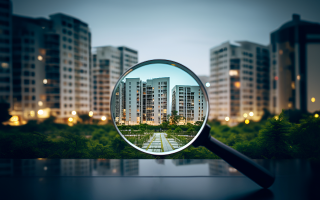
Tenant Super Relax Plan
Enjoy Hassle-Free Renting
 Full RM + FRM support
Full RM + FRM support Instant alerts & premium filters
Instant alerts & premium filters Rent negotiation & relocation help
Rent negotiation & relocation help
Worried About Wall Seepage? Here is How You Can Get Rid of This Common Problem
Table of Contents
Wall seepage solutions are crucial when you notice signs like damp patches, peeling paints, mould, musty smells, or bubbling plaster on the walls. These symptoms indicate moisture entering your walls, often through cracks or poor waterproofing. It is a serious issue; if ignored, it weakens your wall structure, promotes mold growth, and affects indoor air quality.

Water leakage from the wall damages furniture and electrical systems and increases health risks due to fungus and bacteria. To fix this, use a waterproof coating, seal cracks, ensure proper drainage, and apply anti-fungal treatment. For long-term relief, professional inspection and waterproofing are the best solutions. Addressing seepage early protects your home and will save future costs.
Top Waterproofing Solution for Wall Seepage
The top waterproofing solution for wall seepage includes using a waterproof coating, crack sealants and damp-proof paints. These will prevent moisture entry and offer an effective solution for wall leakage at home. The table below will show you the top brands and prices to choose from:
Quality Service Guarantee Or Painting Free

1 BHK - ₹4,500

2 BHK - ₹6,000

3 BHK - ₹9,000
| Brand | Product Name | Use Area | Approx Price |
| Dr.Fixit | Dampguard | Interior walls | ₹620 (1kg) |
| Asian Paints | SmartCare Damp Block | Interior/exterior | ₹593 (3kg) |
| Berger | Home Shield Dampstop | Interior walls | ₹476 (2 kg) |
| Fosroc | Reebaklens RR | Exterior Concrete wall | ₹240/litre |
| Zydex | Zycoprime+ | Plater & Masonry | ₹437/litre |
Common Reasons Behind Wall Seepage
Water seepage through walls may occur due to underlying construction issues like the usage of poor-quality raw materials or inadequate adherence to waterproofing measures during the construction process. In addition, prolonged exposure to severe climatic conditions, mainly heavy rainfall, may lead to cracks in the outer walls of buildings and houses. If not repaired on time, moisture and water seepage through these cracks may eventually dampen the interior walls of homes.
Seepage Of Water in Walls May Also Occur Because Of The Following Reasons:
- Leakage from bathrooms, kitchens, water tanks, or sewage lines
- Faulty internal plumbing
- Leakage from drain pipes, sanitary fitments, and water supply lines
- Accumulation of water on roofs due to poor outlets
- Water seepage is common in buildings where the outer walls are not plastered
- Water percolating through gaps between tiles in bathrooms.
- Moisture from the ground can rise above ground level and damage floors and walls.
Recommended Reading
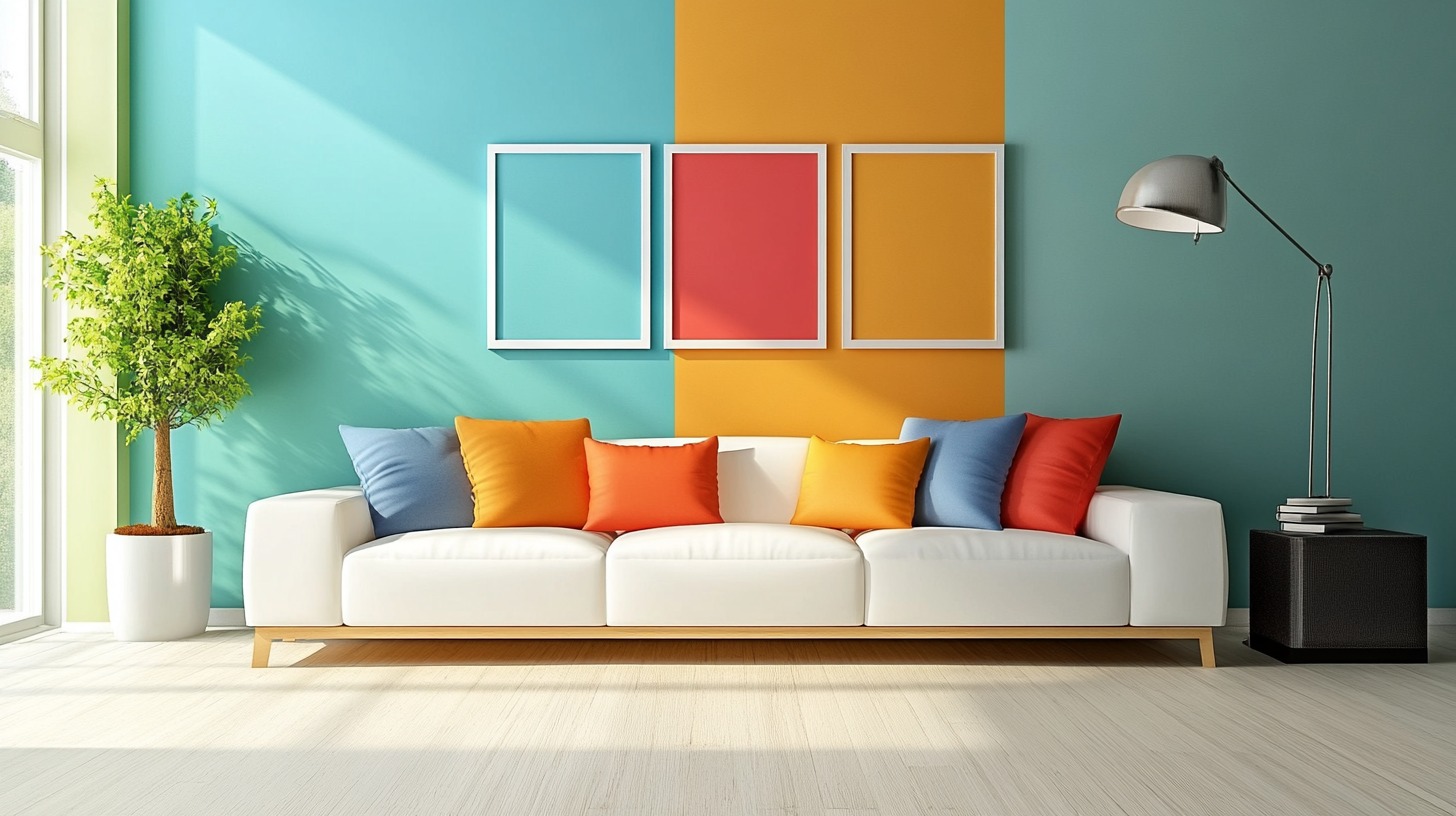
25 Best Living Room Colour Combination Ideas With Colour Codes to Elevate Your Decor in 2025
January 31, 2025
28374+ views

Worried About Wall Seepage? Here is How You Can Get Rid of This Common Problem
January 31, 2025
23112+ views
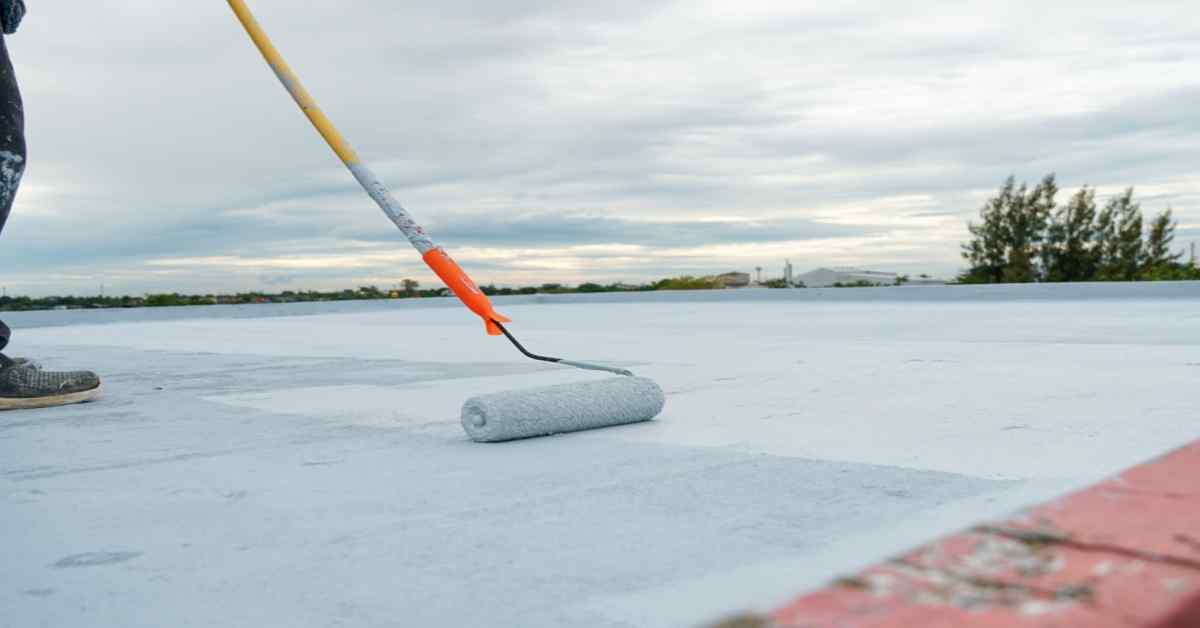
Best Waterproofing Paint for Roof: Expert Tips & Top Brands
January 31, 2025
8819+ views
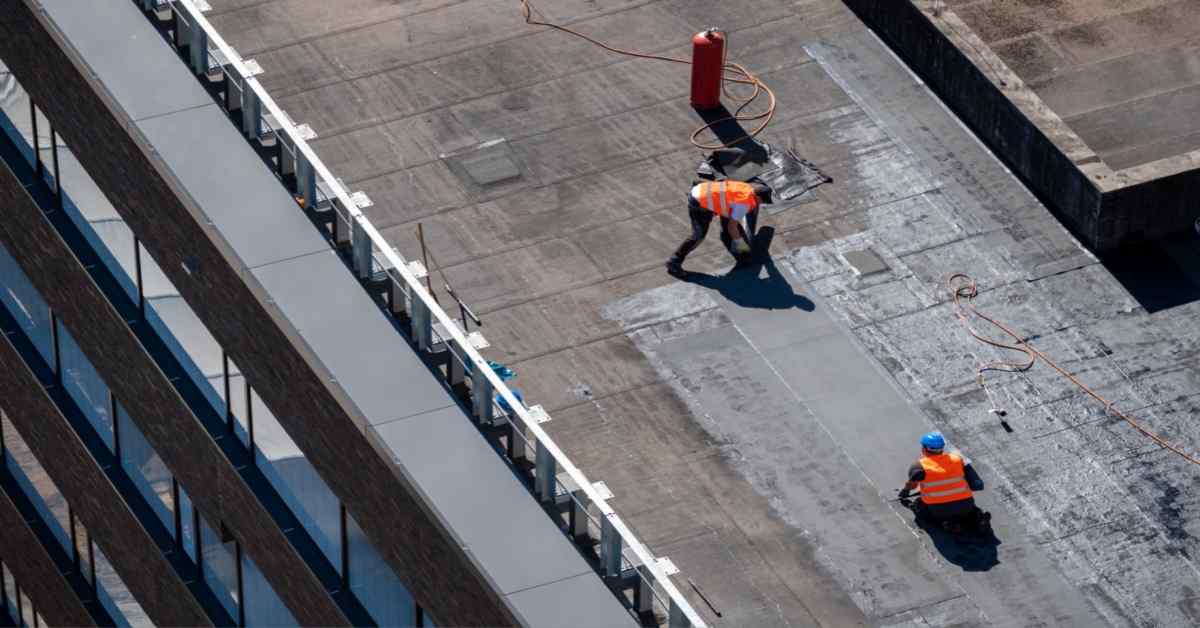
12 Best Reliable and Affordable Waterproofing Contractors in Delhi 2025
March 18, 2025
5863+ views
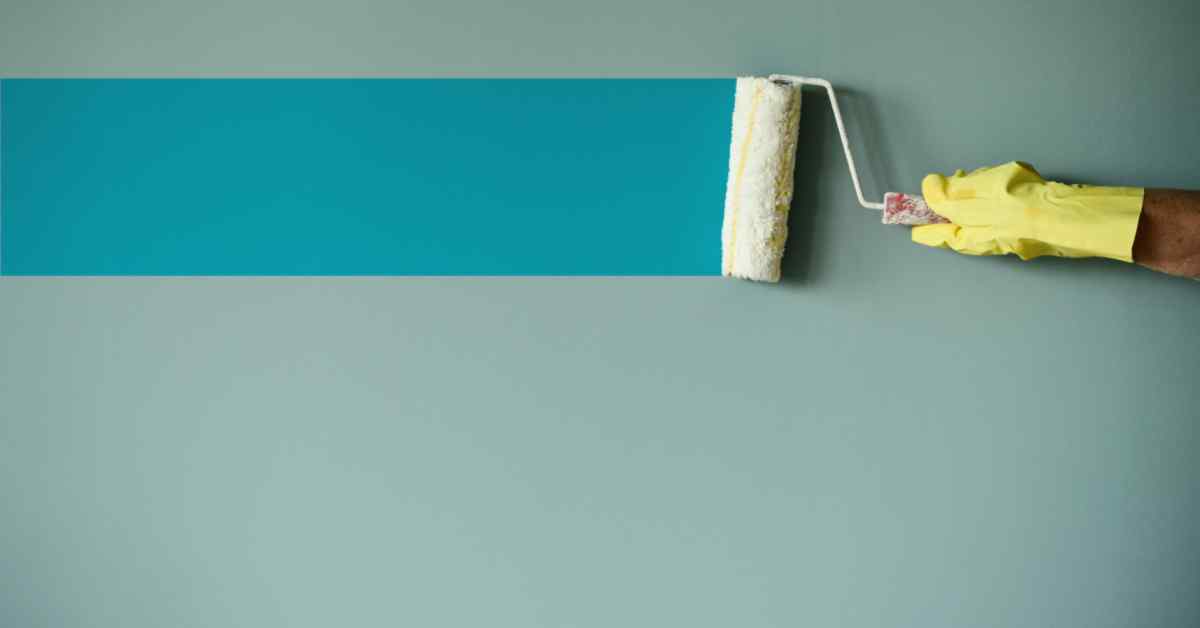
Dr. Fixit Waterproofing Solutions Price
September 6, 2023
4648+ views
How Does Wall Seepage Affect Your House?
Water seepage on walls can harm your house in ways beyond your imagination. Besides giving an unpleasant look, seepage affects the paints and plasters on the internal walls. In addition, it leads to dripping ceilings and dampened walls and floors. So, it won't be surprising if you catch a cold quite frequently while living in such a house.
Iron bars that form the base of your house eventually start to rust, bricks disintegrate, and your structure loses its strength. Heavy rainfall may also lead to flooding of rooms because of continuous seepage of water through floors, walls, and ceilings.
Wall seepage damages both tiles and wallpapers. Prolonged seepage may lead to tiles falling off the walls. In addition, damps and moistures make it easy for moulds to develop. This severely restricts the scope of decorating your house since humidity may affect your place's wooden and iron furniture.
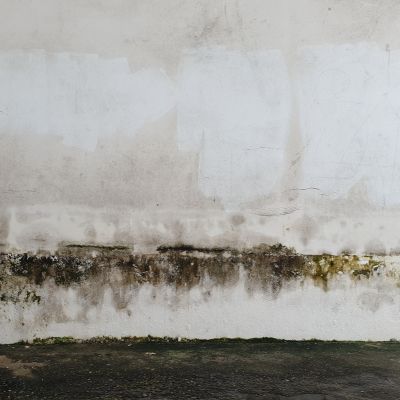
How To Hide Wall Seepage?
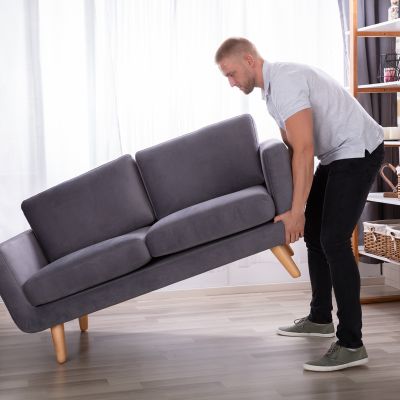
Wall seepage gives your room an unpleasant look. This may leave you embarrassed in front of guests, relatives, or other neighbours. To avoid such undesirable situations, you can try the following tricks for hiding wall seepages:
- Place massive furniture to cover the dampened part of the wall. Avoid placing wooden or iron furniture as moisture affects both wood and iron.
- Install a painting. Besides concealing the seepage, this would add an abstract and glamorous look to your room.
- Create a vertical garden. You can even use artificial plants for this.
- Place a massive sculpture or statue to hide the seepage.
- Repainting your place with the help of a painting expert with high-quality paints that let moisture escape.
Paint For Seepage Walls

Repainting is often considered the best solution for wall seepage. However, it is essential to realize that repainting does not fix the root cause of the seepage. While this momentarily can help you get rid of dampened walls, the solution is not permanent. Damps would return soon until you address the root cause of the seepage or leakage.
Painting may not offer a long-term solution to the problem of wall seepage. However, several industry experts have recently introduced a range of high-quality paints and painting procedures that help effectively treat dampened walls. For example, Berger Paints India uses a moisture meter to investigate and identify areas of your house that require treatment and fixation. Accordingly, dirt and debris are removed, cracks are filled, and waterproof putties are applied. Finally, premium quality paint is used to give your walls a glossy finish.
Water Seepage in Walls Treatment

Water seepage in the wall treatment is essential to protect interior & exterior walls and the ceiling from moisture damage. It involves sealing cracks, applying waterproof coating and improving drainage. This treatment will help to stop dampness, mold and paint peeling and will increase the durability of the wall. The indoor environment is also maintained as it prevents a musty smell and fungal growth. Using a water leakage solution for the wall ensures long-term protection, adds value to your property and reduces frequent repairs.
Interior Wall Seepage Solution
Interior wall seepage begins on ceilings or near doors and windows where cracks develop first. It is essential to note that damages and fissures on exterior walls, when left untreated, gradually lead to internal wall seepage and damps. The use of inferior-quality paints is another reason behind wall seepage inside houses.
What can be done?
- Use high-quality, water-resistant paints containing elements like silicon that provide extra strength to areas prone to seepage.
- Seal the gaps between window and door frames and walls.
- Remove the plasters from the dampened areas and apply a layer of white cement or mortar or any other waterproof material. The site needs to be plastered again, and one must use high-quality paints to prevent further damage.
- Immediate repair of cracks and fissures with cement and mortar and other water-resistant materials.
- In the case of water leakage from taps or tanks, those need to be individually addressed.
- Building cavity walls. It consists of two parallel walls with a gap or cavity in between. It prevents the transmission of moisture or dampness from the exterior l to the interior walls.
Exterior Wall Seepage Solutions

Prolonged exposure to heavy rainfall and heat often leads to the development of cracks and fissures on the outer walls of buildings. It allows water to enter these cracks and crevices, causing damps and seepages. Leakage from pipes and cisterns, not plastering the exterior wall well, usage of poor-quality raw materials, and other construction issues can also lead to seepages on the outer walls of houses.
What can be done?
- The outer wall should be plastered with suitable quality materials.
- Using premium quality water-resistant paints containing silicon to paint the exterior walls at regular intervals.
- Grunting may be done to waterproof pipes, cisterns, etc. to prevent leakage of water
- Methods like shot concrete or pressure grouts (cementation) can help prevent external wall seepages
- Cracks and fissures on exterior walls need to be immediately repaired with mortar or other water-resistant materials.
Solutions For Seepage from Ceilings
Water seepage from ceilings occurs mainly due to the accumulation of water on roofs. Blocked outlets or through cracks from the terrace or water leakage from the apartment's bathrooms above.
What can be done?
- Repairing the cracks on ceilings using cement, mortar, or other durable materials.
- Application of waterproof putties and coatings after sealing the cracks.
- Cleaning and clearing outlets, drainpipes, and rainwater pipes for smooth passage of water.
- In case of water leakage from the apartment above, you can request the residents to fix the problem at the earliest.
Sidewall Leakage Solution

Buildings encounter seepage from side walls mainly because of faulty plumbing. In addition, prolonged exposure to rainfall and other climatic hazards often leads to cracks and fissures on the sidewalls of buildings and houses. It leads to water seepage and dampened walls.
What can be done?
- Early detection of the cracks and fissures can prevent interior wall seepage.
- Grunting can be done to waterproof pipes, cisterns, etc., to prevent leakage of water.
- Addressing the faulty plumbing conditions.
- Repairing the cracks and fissures at the earliest with cement or mortar.
- Damp-proofing treatment may be done. Here, cement or mortar is mixed with compounds like chalk, talc, etc., to fill the pores present in the concrete and make them waterproof.
Bathroom Wall Leakage Solution
Wall seepages in bathrooms may occur due to leakages of taps, pipes, and other sanitary installations. Gaps in tiles may lead to water seepage on adjoining walls.
What can be done?
- Mend the leakage at the earliest.
- Fill gaps and cracks on floors, walls, and tiles with cement, mortar, or other water-resistant materials.
Solutions For Floor Seepage
Moisture rising from the ground can cause wall seepage and water seepage through the cracks on the floors. They wear out tiles and concrete and, therefore, need treatment.
What can be done?
- Paving the floors with waterproof materials.
- Ensure that there remains no gap between tiles and floors.
- Install a damp-proof course. Here, a preventive barrier of waterproof material is constructed into the wall to prevent moisture from the ground from rising and damaging the floors and walls.
DIY vs. Professional Seepage Solutions
Choosing between a DIY & expert professional depends on the damage level, budget and time. The following points will help you understand it in a better way:
Advantages of DIY Seepage Solutions
- Cost-effective for minor issues
- Easy to apply a basic wall water leakage solution product
Disadvantages of DIY Solutions
- May miss hidden damage.
- Lack of professional tools & technical skills can cause damage.
Advantages of Professional Seepage Solutions
- Long-lasting, expert-level sealing
- Identify the root cause accurately
Disadvantages of Professional Seepage Solutions
- Higher cost
- Not helpful for minor issues
Tips And Tricks to Prevent Wall Seepages
Repairing wall seepages is a tedious and costly process. The best way to protect and secure your house is to prevent such seepages and leakages. Follow the tips below to ensure the same:
- Using premium quality, water-resistant paints to paint both external and internal walls at regular intervals.
- Using suitable quality materials for plastering the exterior walls
- Periodic inspection of pipelines, drainage systems, and other sanitary installations for early detection of leakages.
- Ensure proper ventilation of rooms.
- Regular cleaning of pipelines and other rooftop installations to prevent accumulation of water on rooftops.
- Fast repairing of developing cracks and fissures with cement, mortar, or other water-resistant materials.
- You can do modern techniques like grunting, pressure grout or damp-proofing installation for long-term protection.
How NoBroker Can Help?
Are you worried about damp walls and peeling paint? Wall seepage treatment is the key to keeping your home strong and damage-proof. NoBroker is there to help you find a verified waterproofing expert for quick and reliable solutions. Along with seepage repair, NoBroker is also there to help you find rental homes or even buy a home without brokerage, legal assistance, rent agreements, packers and movers, and home cleaning services. With NoBroker, you can maintain and find a dream home hassle-free.
NoBroker Painting Tips & Color Ideas Testimonials
Good job ,timely completed,true professional and good behavior.
Nice work🙏
Value for money, go for it
Professional painting services provided by Nizam's team. We are extremely satisfied.
Best service by No broker with Sajid miya, Akbar Ali and Nizam Ji. polite nature, Good and experience and much more.
Very nice service
Excellent!!
Great service , competitive pricing
Reasonable quotation. Service provided by the painting vendor ok. Supervision missing from Nobroker end. Overall happy with the service.
Good service
I recently took painting services and I am satisfied with services. Professional partners, good team work, good quality of paints. 👍👍
Good quality of work for painting services done for my flat in sarai
Service was provided on time as per they confirmed the slot. And as well as the painter done his job perfectly .
Recently I booked painting services no broker at my house kalkaji and my god the work was done so good that i would really recommend this yo my friends
I have taken the services in Rohini sector 3 Delhi. the services are very good and the team is very responsive and they did very good work I am happy with the services
Got painting service done by Nobroker extremely good service
Professional painting services got done by Nobroker for our DDA flat.
Very good service. My house was painted in chanikaya Puri and the work was completed with in time. Partners were very professional. My 2bhk house costed around 11.5k for basic rental painting
I have a flat in jahangiripuri which i got painted through Nobroker. I was very happy with services and even in my absence work was completed ontime and supervisor shared me the photos post painting. Customer support was responded quickly and helped in getting services done Overall very good experience.
Good painting work, professional painters and happy with the service, as expected by No Broker, thank you for awesome service
Got it recently at my villa Karol bagh, great experience. 👍👍👍👍👍👍
I recently took painting services at Rohini and Mr Kareem and his team were excellent 👌👏
Trust worthy
I hired NoBroker to waterproof my entire house, and it was amazing to see such hard-working professionals at work with the minimal cost. A task that was finished with the utmost expertise. It's worth hiring them! Thanks a lot!
I wanted a one wall painting in my kid’s room and that’s why I approach the NoBroker professionals in Kengeri. With the creative art done on the wall, I am very much satisfied and now my kids enjoy playing in their room. All thanks to the professional team of painting service in Indira Nagar by Nobroker.
Before this festive season
get your house painted
Most Viewed Articles
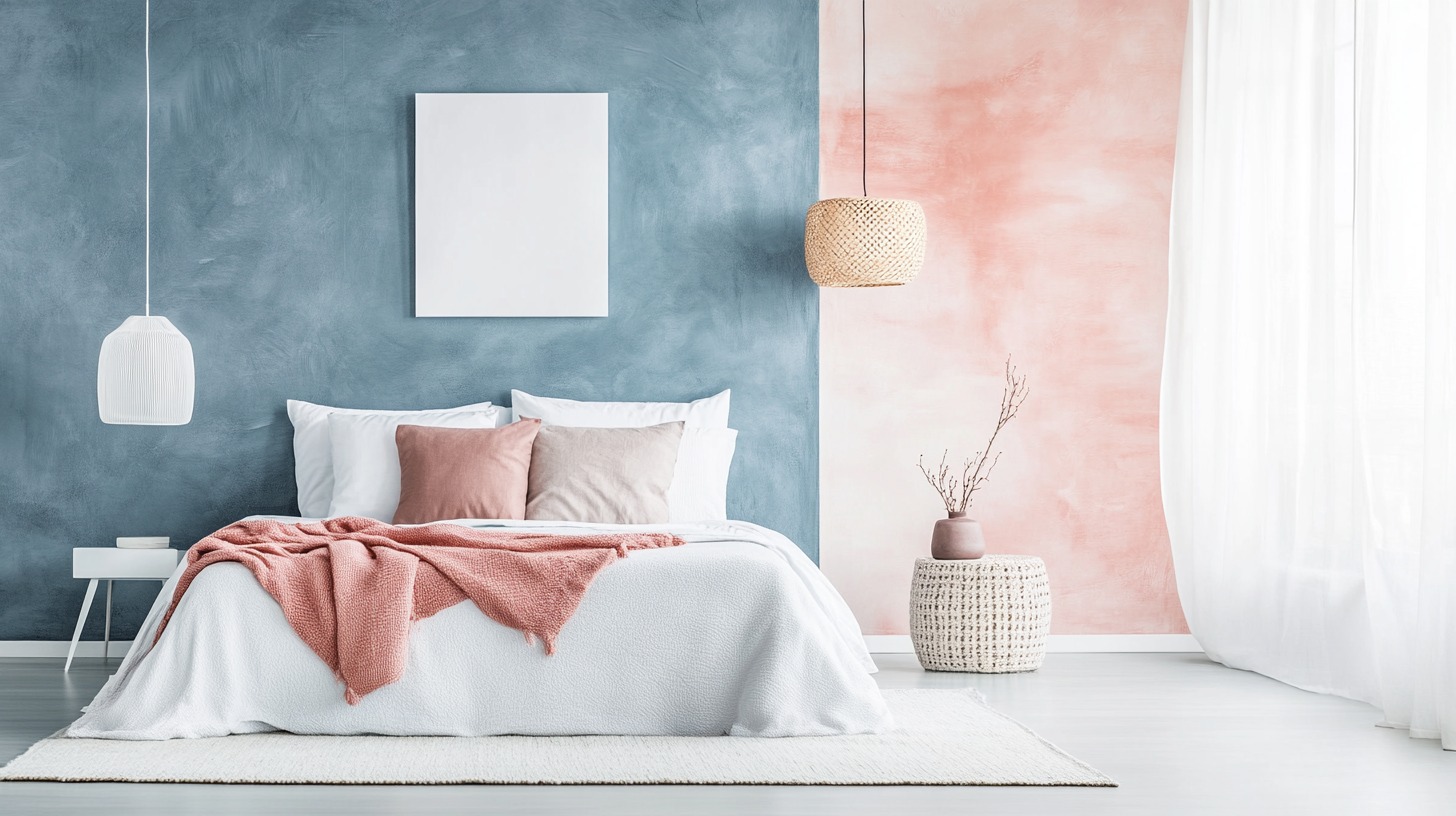
40+ Best Stunning Two Colour Combinations for Bedroom Walls to Elevate Your Space in 2025
January 31, 2025
321784+ views
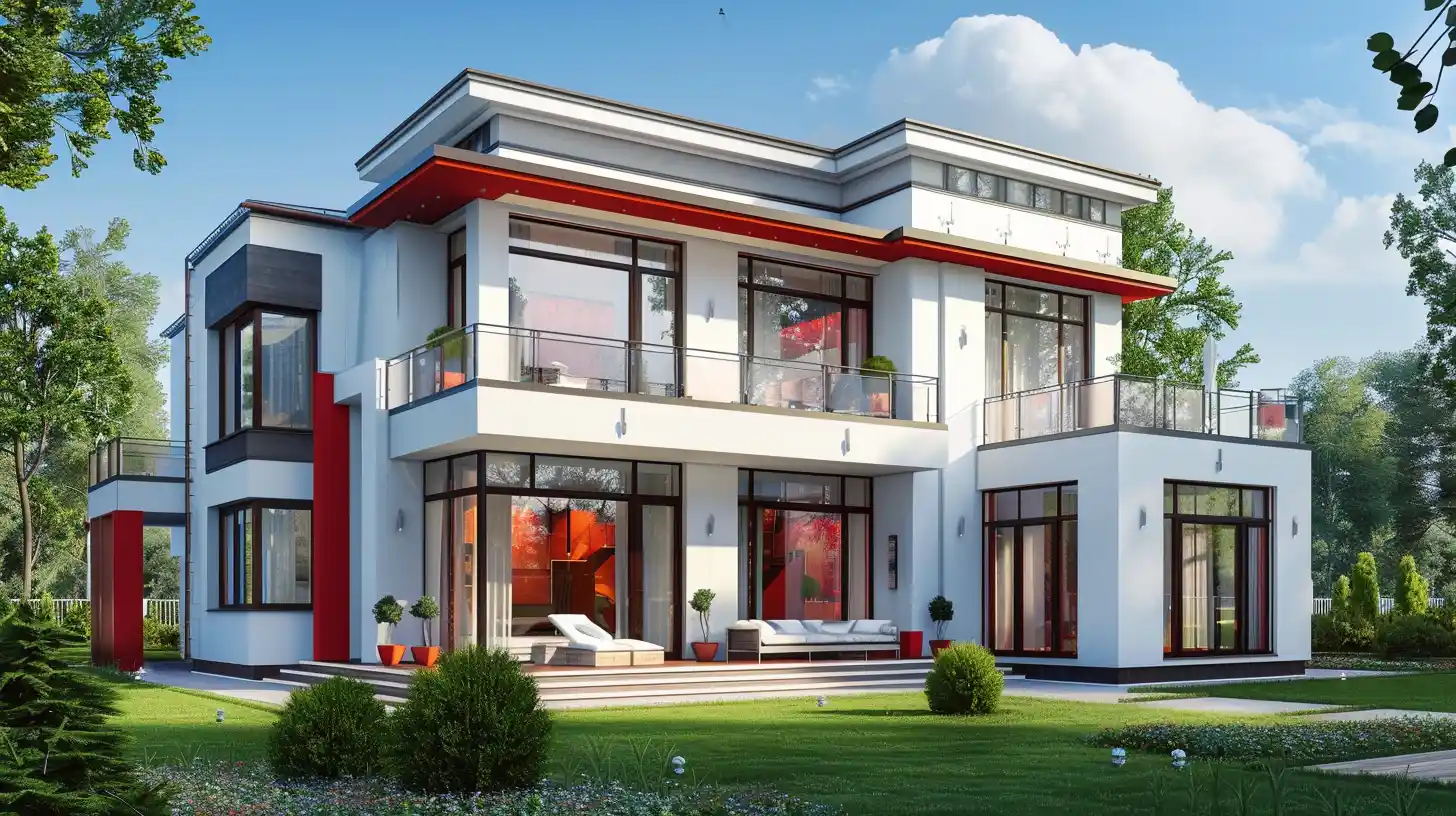
Top 25 Outside Color Combinations with Colour Codes for a Stylish Home in 2025
May 16, 2025
172265+ views
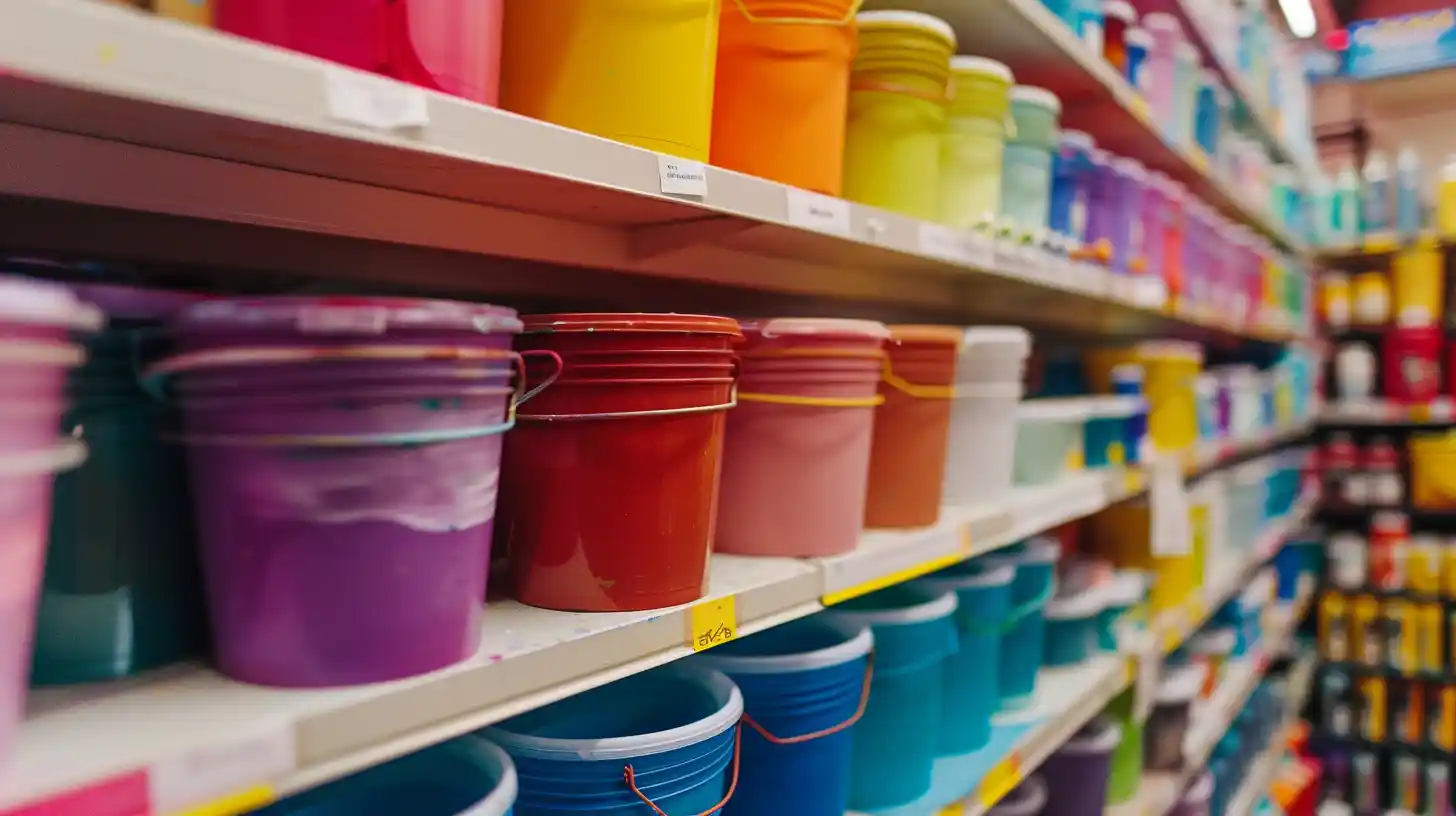
May 17, 2025
104263+ views
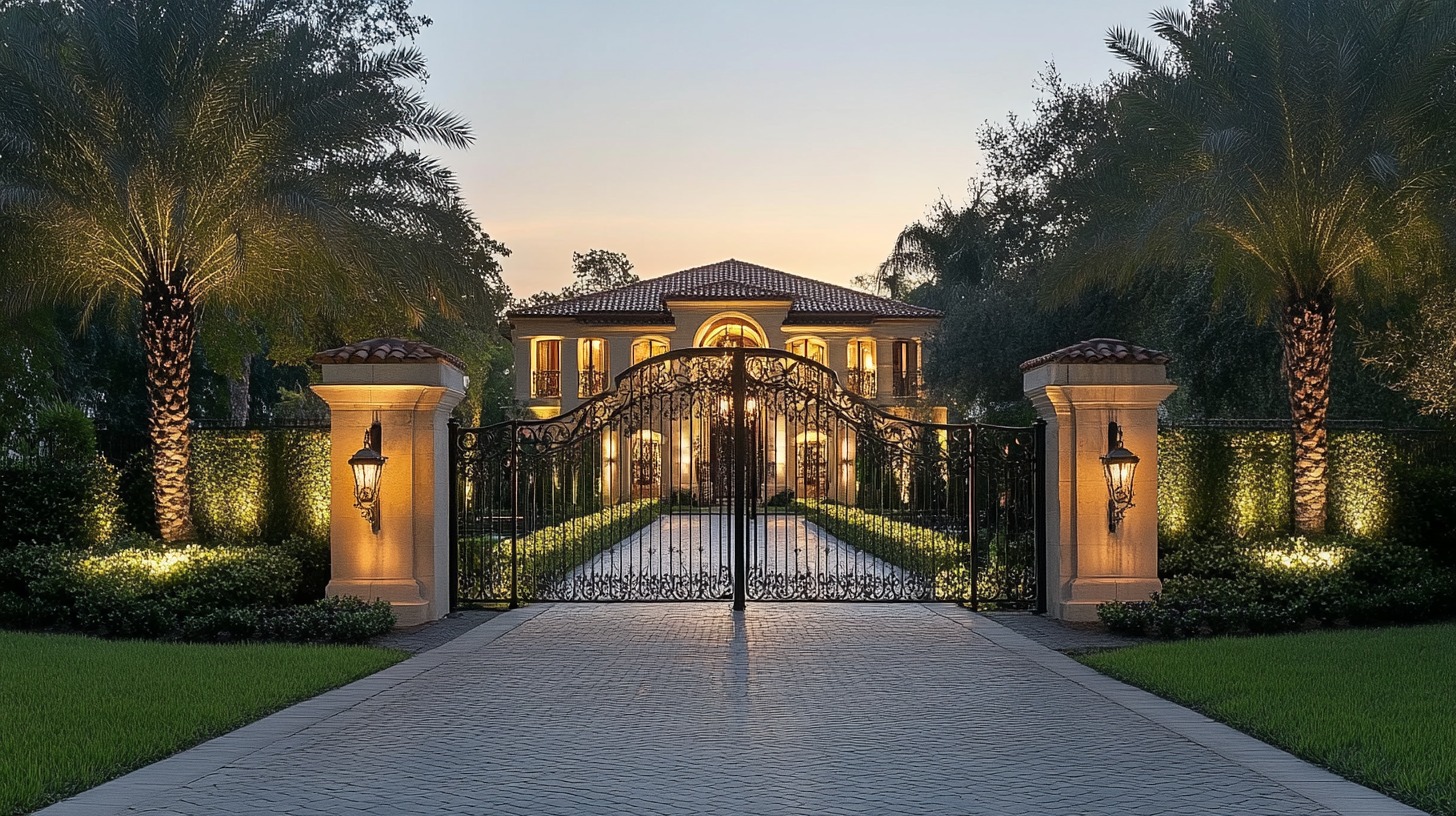
25 Latest Main Gate Colour Combinations: Direction and Placement as Per Vastu in 2025
May 17, 2025
74423+ views

Asian Paints Colour Codes with Colour Names for Interior and Exterior Walls in 2025
May 16, 2025
70632+ views
Frequently Asked Questions
Ans. Painting both interior and exterior walls with premium quality, water-resistant paints containing elements like silicon can help prevent wall seepage to a great extent.
Ans. You can hide wall seepage using furniture, paintings, sculptures, or other massive decorative pieces. Seek expert advice at the earliest, because if left untreated, it can lead to a steady disintegration of the house.
Ans. Proper ventilation allows entry of fresh air and light. It prevents the growth of moulds and damping of walls. Invest in a proper water leakage solution for wall.
Ans. Water seepages lead to corrosion of iron bars that form the base of houses and buildings. In addition, prolonged seepage can lead to the disintegration of bricks and stones and hence, can affect your home in multiple ways.
Ans. Using high-quality raw materials, water-resistant paints, plastering, and deploying modern wall seepage treatments like damp-proofing, grunting, super grout, etc., can help prevent wall seepages and aid in a speedy wall leakage repair. In addition, fast detection and repair of leakages, cracks, and fissures are essential to resist water seepage.
Loved what you read? Share it with others!
Waterproofing Services in Top Cities of India
Waterproofing Cost in Top Cities of India
Recent blogs in
Ace Advanced 20 Ltr Price in India: Variants and Benefits in 2025
June 26, 2025 by Ananth





Join the conversation!